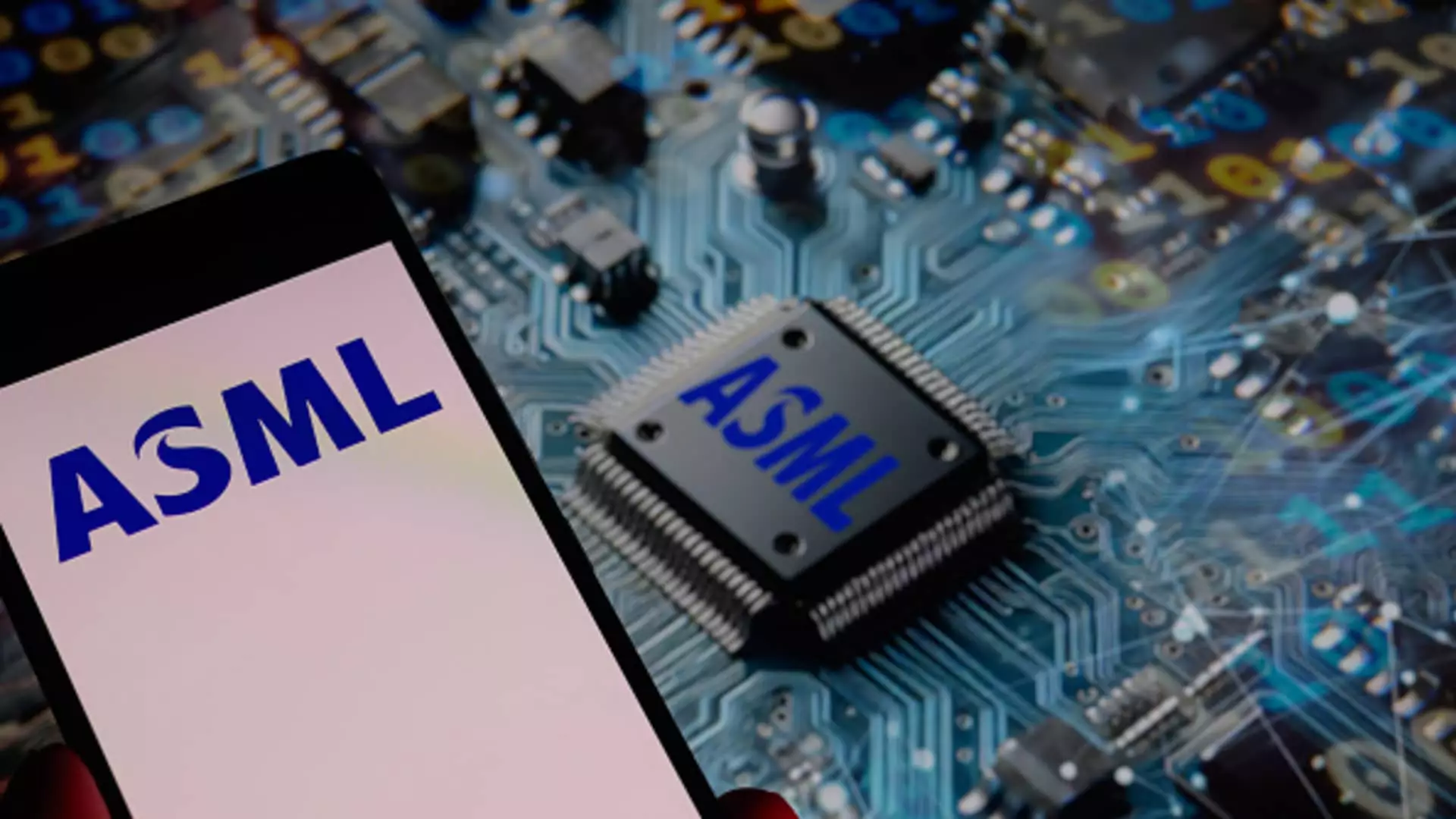The Dutch government recently announced an expansion of export restrictions on advanced semiconductor manufacturing equipment, including more of ASML’s machines. This decision was made for reasons of security, with officials citing technological advancements that have increased security risks associated with the export of this specific manufacturing equipment. The move comes in response to the current geopolitical context and is seen as a key national security requirement by the Netherlands.
Previous Export Restrictions
This is not the first time the Dutch government has implemented export restrictions on advanced semiconductor equipment. Last year, the government introduced its initial major export restrictions on such equipment, with ASML, a leading semiconductor company, being headquartered in the Netherlands. The expanded restrictions now encompass more types of chipmaking tools, requiring companies to obtain a license from the Dutch government to export their equipment out of the country.
The Netherlands’ decision to tighten export controls on semiconductor manufacturing equipment comes amidst similar actions taken by other countries, including the United States. The U.S. recently rolled out new export controls on critical technologies, such as quantum computing and semiconductor goods, in an effort to enhance national security measures. Washington has urged allied countries, including the Netherlands, to strengthen export curbs on key chipmaking tools due to their critical role in advanced chips.
ASML plays a crucial role in the semiconductor industry, manufacturing machinery necessary for producing advanced chips. The company produces two types of tools – extreme ultraviolet (EUV) lithography machines and deep ultraviolet (DUV) lithography machines. EUV lithography machines are used for cutting-edge chip production, while DUV lithography machines are utilized in the manufacturing of other semiconductor types, such as memory chips. Both sets of machines are now subject to Dutch government export restrictions.
The Netherlands’ decision to expand export restrictions on semiconductor manufacturing equipment is expected to have implications for global trade flows and value chains. ASML’s TWINSCAN NXT:1970i and 1980i DUV immersion lithography systems are among the machines now requiring a license from the Dutch government to be exported. The government aims to proceed in a careful and targeted manner to minimize disruptions while fulfilling its responsibilities as a leading player in the semiconductor industry.
The Dutch government’s move to expand export restrictions on advanced semiconductor manufacturing equipment reflects a growing concern for national security and the need to address security risks associated with technological advancements. The decision aligns with similar actions taken by other countries, especially the United States, to safeguard critical technologies. ASML’s pivotal role in the semiconductor industry has put the Netherlands at the forefront of export curbs on key chipmaking tools, underscoring the country’s unique position and responsibilities in the global semiconductor landscape.

Leave a Reply